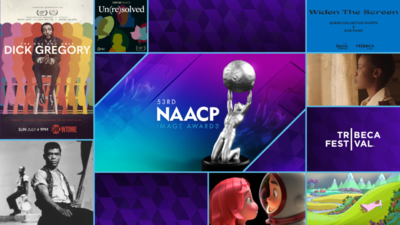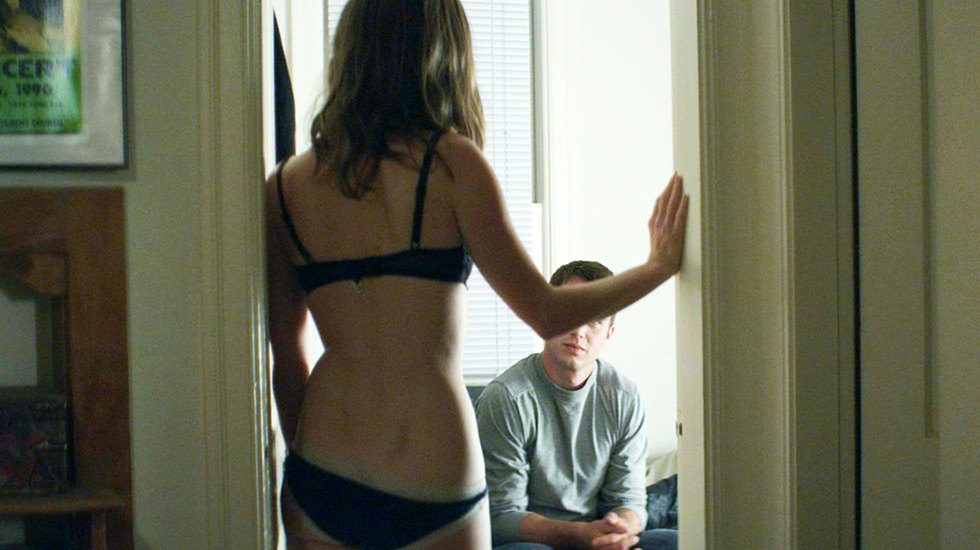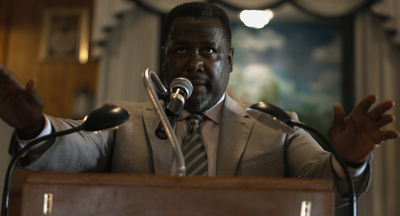
BY ZACHARY WIGON |
Racking Focus: Why TV and Film Should Keep Sharing Stories
The news that HBO is adapting Hannah Fidell's film 'A Teacher' as a series opens up a whole new world of creative possibilities.

Hot on the heels of the blossoming True Detective, which featured its most cinematic installment this past Sunday - check out the incredible one-take scene that ends the episode if you haven't already - we've got more news from HBO the blurs the lines between cinema and TV. It was announced earlier today that Hannah Fidell, who wrote and directed the 2013 Sundance pic A Teacher, has been tapped to write a series adaptation of the film for HBO. Exciting news for indie filmmakers and fans alike.
With True Detective receiving such a warm welcome - a series helmed by indie standout Cary Fukunaga - and so many other indie filmmakers already entrenched in TV series, it's time to reconsider, once again, the relationship between film and television. Obviously, TV is flourishing at a moment where serious films are becoming increasingly difficult to finance - and even if a high-minded indie does get the green light, sales prospects are fair-to-middling, generally speaking.
The idea of adapting one's own indie movie into a TV series brings up a wealth of new artistic and economic possibilities that are exciting to consider.
It's become received doctrine that developing a TV series is a better career opportunity for an independent filmmaker than battling it out in the trenches of indie cinema over and over again with each film - that much has been clear since Lena Dunham went from a low-budget filmmaker to a national sensation. But the idea of adapting one's own indie movie into a TV series brings up a wealth of new artistic and economic possibilities that are exciting to consider.
Obviously, not every movie has enough substance to be turned into a series made up of at least 10 or so hours of content; it's been said that cinema is to short stories as television is to novels. But this formulation seems simplistic. For filmmakers who are capable of delving deeper into their subject matter, drawing broader worlds where previously they could only portray smaller ones - no doubt in part due to financial constraints - developing a film into a TV series not only allows for a potentially more artistically satisfying viewing experience, it also enables the filmmaker to understand their material to a greater degree than ever before was possible.
As a filmmaker myself, I can testify that there's no learning experience quite like doing, and I imagine that Fidell's work on her series will present her with new artistic opportunities with respect to her source material that she may not have encountered while making her film. If filmmakers are given the opportunity to expand upon their features with greater frequency as HBO (and other networks like it) continue to expand their reach over cinema, I expect we'll see artists who develop with significant and quick growth as their work is created.
The prospect of an artistic environment where such filmmakers could shuttle back and forth between making films, developing those films to deeper degrees via television, and then making new films with the knowledge they've gained from their TV-enabled narrative expansions is an exciting one. By creating a situation where artists can work in such different environments as TV and film, we're seeing a possibility of new kinds of art being fostered, art that takes the best from the worlds of both TV and film.

